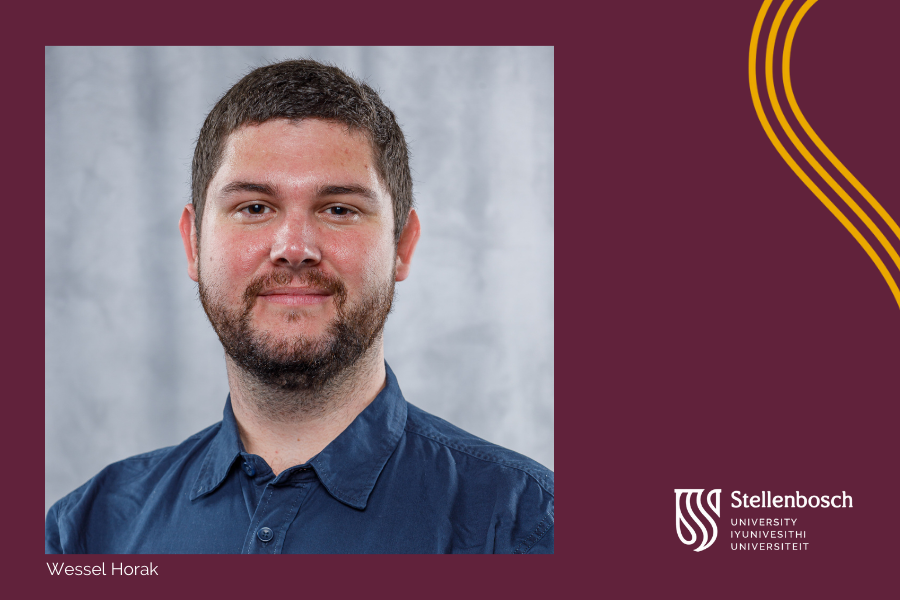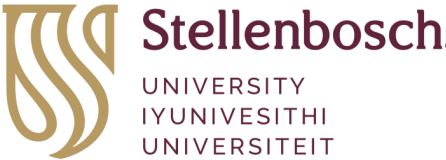
Wessel Horak, a PhD candidate in the Machine Learning Research Group, is currently attending the IFAC SafeProcess Symposium in Ferrara, Italy, where he will be presenting his research. Supervised by Professors Louw and Bradshaw, Wessel’s work focuses on applying Gaussian process regression to chemical engineering problems, particularly in the area of process monitoring.
Process monitoring ensures that operations run safely, efficiently, and profitably. One of the challenges in this field is dealing with noisy measurements and sensor faults that can lead to erroneous data. Once faults are detected and their effects removed, data reconciliation can be used to reduce the effect of measurement noise by ensuring it aligns with the underlying physics of the process (i.e., mass and energy balances). Wessel’s research aims to incorporate chemical engineering domain knowledge into Gaussian process regression (a data-driven statistical model) to perform data reconciliation.
Wessel’s presentation at the symposium will showcase how his model overcomes some limitations of traditional steady-state data reconciliation methods. Unlike point-estimate models, Wessel’s Gaussian process regression provides a continuous probability distribution over possible reconciled values, offering a more comprehensive understanding of the data. This advancement is particularly relevant to the symposium’s focus on applications of control engineering, artificial intelligence, and applied mathematics in various engineering fields.
The IFAC SafeProcess Symposium, taking place from 3-7 June, brings together experts and researchers to discuss the latest advancements in process monitoring and related areas. Wessel’s research aligns with the symposium’s theme of process monitoring applications in mining, minerals, metals, and chemical processes.
Beyond the technical sessions, Wessel is looking forward to the opportunity to engage with fellow researchers and gain insights from other multidisciplinary studies. He is particularly interested in attending the plenary session by Professor Biao Huang from the University of Alberta, which will cover physics-informed machine learning models for fault detection.
In addition to the professional enrichment, Wessel also expresses anticipation for experiencing Italian cuisine during his trip. Overall, the symposium represents a significant opportunity for Wessel to gain exposure and contribute to the field of process monitoring through his research.



